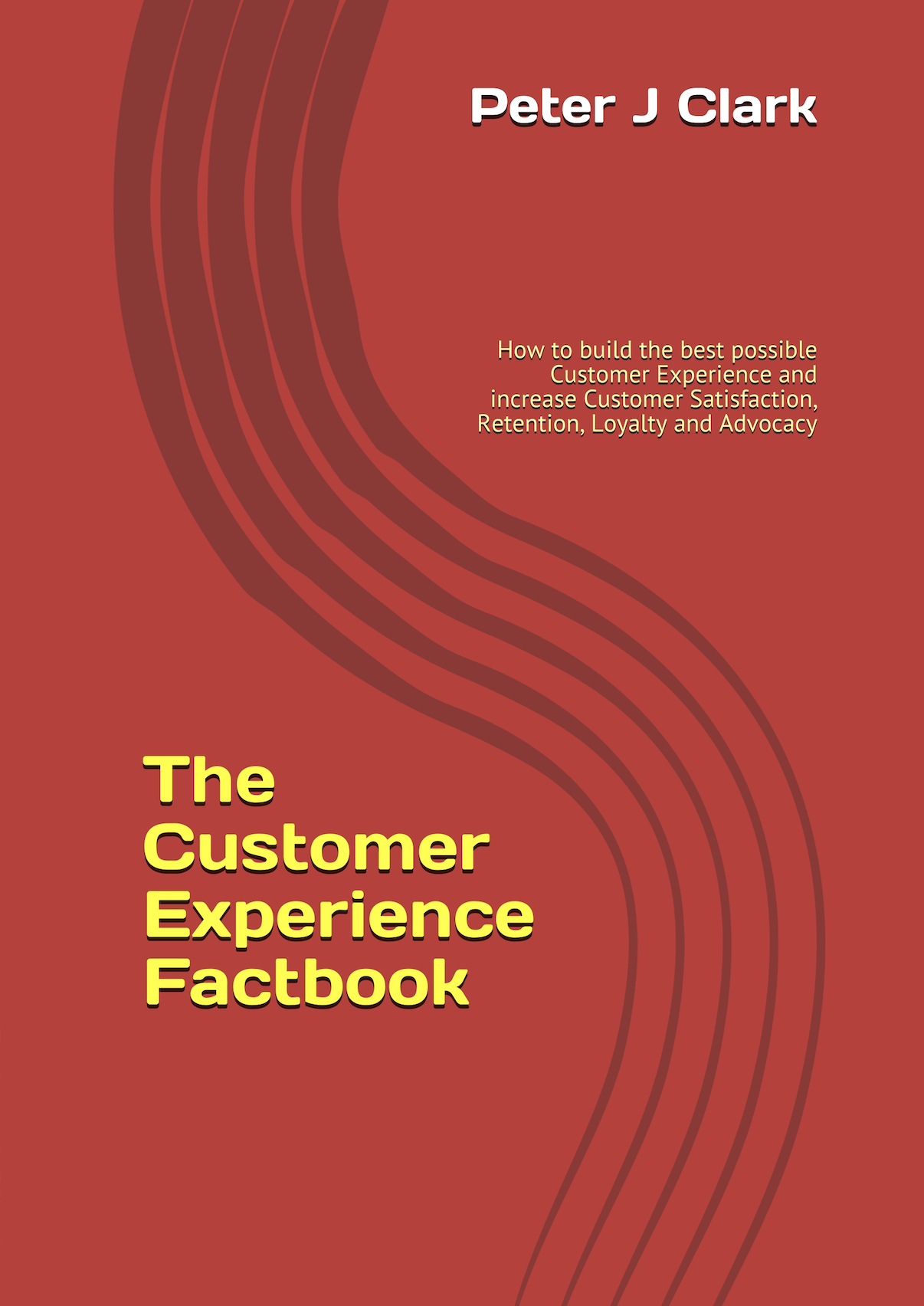Factors behind post-recession brand loyalty
Loyalty is a theme that permeates society, from the personal lives of consumers, to companies, celebrities, politicians, and sports - all of which are finding that the loyalty of the post-recession frugal consumer is becoming harder and harder to win, according to a survey by Ipsos MORI and The Logic Group.
The '2010 Loyalty Survey' found that brands are also fighting a constant battle to maintain the loyalty of their consumers, thanks to the ease and speed with which they now swap brands and chase the best deals.
The loyalty dynamics uncovered in the relationships between brands and consumers include the fact male consumers are apparently less loyal to brands than are women. Of all the women suyrveyed, 67% said they are members of at least one loyalty scheme - a significantly higher proportion than the 57% of men that are members of at least one loyalty scheme.
Women were also found to be significantly more likely than men to say they are loyal to the following organisations or places:
- Supermarkets (68% vs. 59% of men);
- Department stores (32% vs. 21% of men);
- Clothes shops (36% vs. 24% of men);
- Restaurants/coffee shops (35% vs. 30% of men)
Women are also more satisfied than men with the benefits shopping and retail loyalty schemes offer to them (71% vs. 62% of men).
Perhaps not surprisingly, men are significantly more likely than women to say they are loyal to bars, pubs or clubs (28% vs. 20% of women).
Women are more likely than men to agree that:
- Since the recession started, loyalty schemes have had more influence on what I've chosen to spend money on (19% vs. 15% of men);
- Since the recession started, I have taken advantage more of the benefits provided by loyalty schemes (20% vs. 15% of men);
- I trust companies who run loyalty schemes to keep my personal information safe (51% vs. 44% of men);
- I always remember to use loyalty cards (54% vs. 40% of men);
- Women also say that 'offers that are relevant to me' will encourage them to spend more with a business or organisation (51% vs. 44% of men).
Anamaria Chiuzan, customer insight and loyalty specialist for The Logic Group, explained: "When it comes to brand loyalty, men and women clearly have very different drivers and motivations. The challenge for brands is to capture these differences in their loyalty messages and programmes, ensuring that they offer the right deals and messages at an individual level. British consumers are incredibly diverse and a one size fits all approach will do nothing to increase feelings of loyalty amongst both men and women."
According to Chiuzan, true brand loyalty comes as a result of the whole customer experience causing a deeper engagement with the brand, based on brand messages that are tailored to create an experience that resonates with each different customer type.
The full report has been made available for free download from The Logic Group's web site - click here (free registration required).
Sources: Ipsos MORI; The Logic Group / The Marketing Factbook.
Copyright © 2010 - 2025 The Marketing Factbook.
Categorised as:
- Customer Experience
- Customer Loyalty
- Knowing The Customer
- Marketing Know-How
